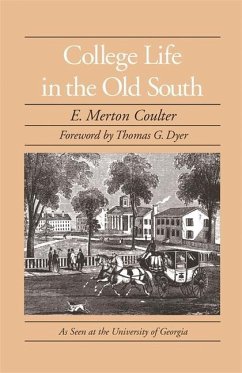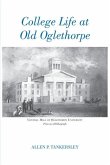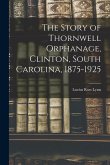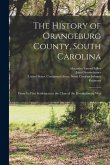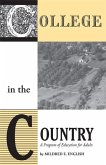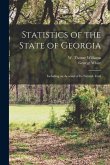First published in 1928, "College Life in the Old South" relates the early history of the University of Georgia from its founding in 1785 through the Reconstruction era. Not a dry compilation of facts, E. Merton Coulter's classic study portrays the struggles and accomplishments of America's first chartered state university. Coulter recounts, among other things, how Athens was chosen as the university's location; how the state tried to close the university and refused to give it a fixed allowance until long after the Civil War; the early rules and how students invariably broke them; the days when the Phi Kappa and Demosthenian literary societies ruled the campus; and the vast commencement crowds that overwhelmed Athens to feast on oratory and watermelons. Coulter's account, interspersed with delightful anecdotes, not only depicts the early university but also shows its importance in the antebellum South.

